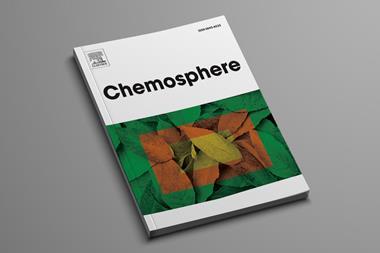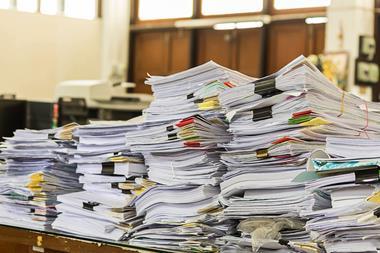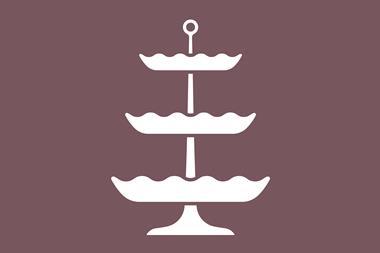When Jonathan Goodman went looking for a paper published by the popular chemistry journal Heterocycles, he realised something odd. Not only was the paper he was looking for not available, all of the journal’s content had disappeared from the web.
‘I was looking for an article in Heterocycles because it’s a journal which contains a lot of useful articles,’ says Goodman, a chemist at the University of Cambridge, UK. But when he went on the journal website, Goodman came across a note saying publication in the journal had been suspended and there was no access to the title’s previously published content.
An archived version of the note on the Heterocycles webpage says the journal suspended publication in December 2023 due to ‘various circumstances’. It goes on to add that Heterocycles has ‘completed its role in promoting the recognition of heterocyclic chemistry as a discipline’.
Changing publication world: journal #heterocycles ceases publication https://t.co/ZEkoBsKhJY 😢Many important contributions over the years; online access seems gone. Anyone know what happens with copyright in cases like this? Could authors simply post their past publications? pic.twitter.com/uBKTzDvp6e
— Mathias Senge (@mathiassenge) January 6, 2024
The Japan Institute of Heterocyclic Chemistry, which published Heterocycles, told Chemistry World that publication ceased last year and that subscribers were informed via email.
The case of Heterocycles is not unique. A January 2024 study of more than 7.4 million studies found that just under 28% were not preserved in any online archive, meaning that much of the scholarly literature is at risk of being lost if their publications are discontinued.
Martin Paul Eve, principal developer at Crossref – the registry that issues unique digital object identifiers for journal articles – who authored the analysis, says his study found that a quarter of Crossref members didn’t have any digital preservation in place for their content.
Previously, it was librarians whose duty was to preserve hard copies of manuscripts and make them available, Eve notes, but that duty has transitioned to publishers as journals have switched to a digital format.
‘It’s become the expectation that publishers should be the ones who preserve material,’ Eve says. ‘However, that message has got slightly lost in that transition and not all publishers know that they have a responsibility to ensure the continued accessibility of the material they publish.’
A 2016 study found that the websites of just over 2% of the more than 9000 journals indexed in Directory of Open Access Journals (DOAJ) at the time were no longer active. While a 2021 analysis that evaluated the fate of academic journals that were delisted from indexing databases between 2000 and 2019 found that 176 journals had vanished since being removed from prominent databases such as Scopus, Ulrichsweb and the DOAJ.
‘The indexing landscape is very good at keeping track of what’s coming out,’ Mikael Laakso, an information scientist at the Hanken School of Economics in Helsinki, Finland, who co-authored the 2021 study, said at the time. ‘But as soon as a journal stops publishing they are commonly dropped from the indexes and since the information about removed journals is not maintained it is really hard to figure out which the at-risk journals are at any given point in time.’
Goodman reached out to his local library, which, he says, is paying a subscription fee for access to Heterocycles but is concerned about continuing to do so. After looking into this, the library discovered that Heterocycles had subscribed to a service called CLOCKSS, a dark archive of around 55 billion journal articles and 490,000 books that aims to digitally preserve scholarly literature. Other similar archives include LOCKSS and Portico.
Alicia Wise, executive director of CLOCKSS in Surrey, UK, confirmed that her organisation does hold a complete record of Heterocycles. According to Wise, the Japan Institute of Heterocyclic Chemistry is weighing up future options for the journal. ‘The content is safe and secure and we will be in a position to make it available should they not find a successor organisation to look after it,’ she notes.
‘It’s a useful service,’ says Goodman, referring to CLOCKSS. ‘It’s not clear when the articles will become available again and, of course, until you can see them, you can’t be sure that they’re all there.’
‘A lot of researchers and libraries think that the long-term preservation of books and journals is a done deal,’ says Wise. ‘But nothing could be farther from the truth.’












No comments yet